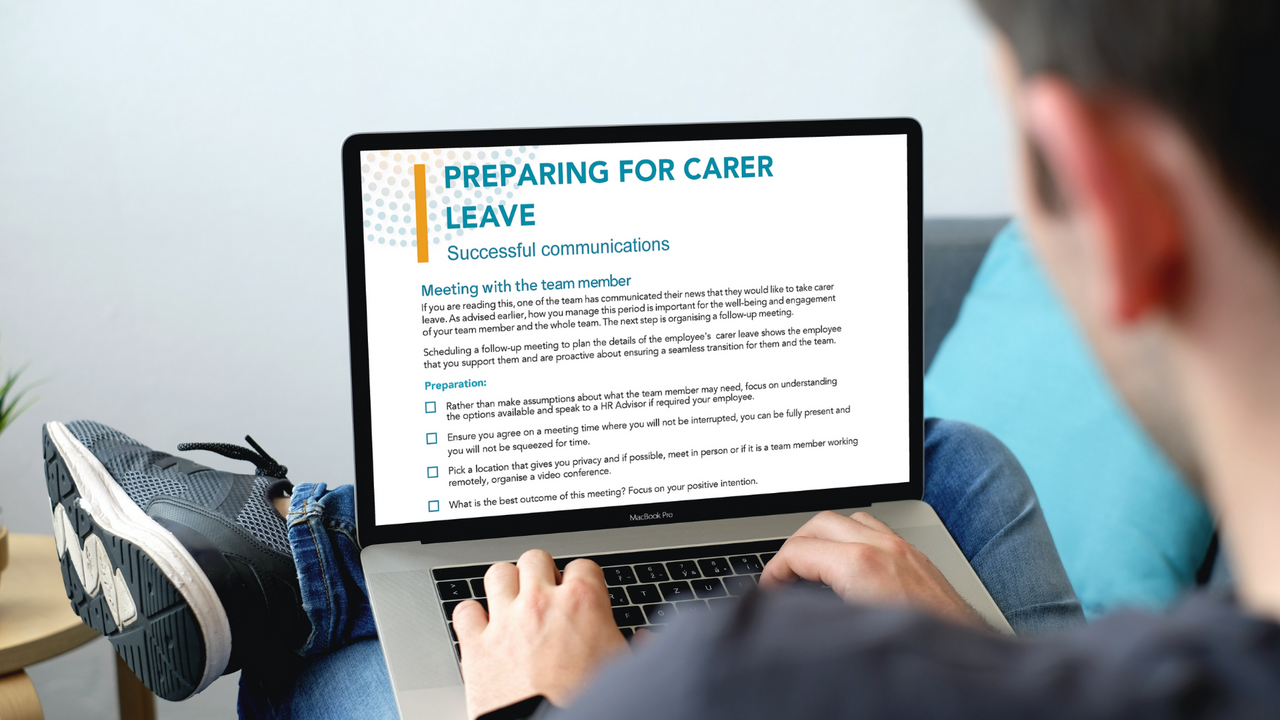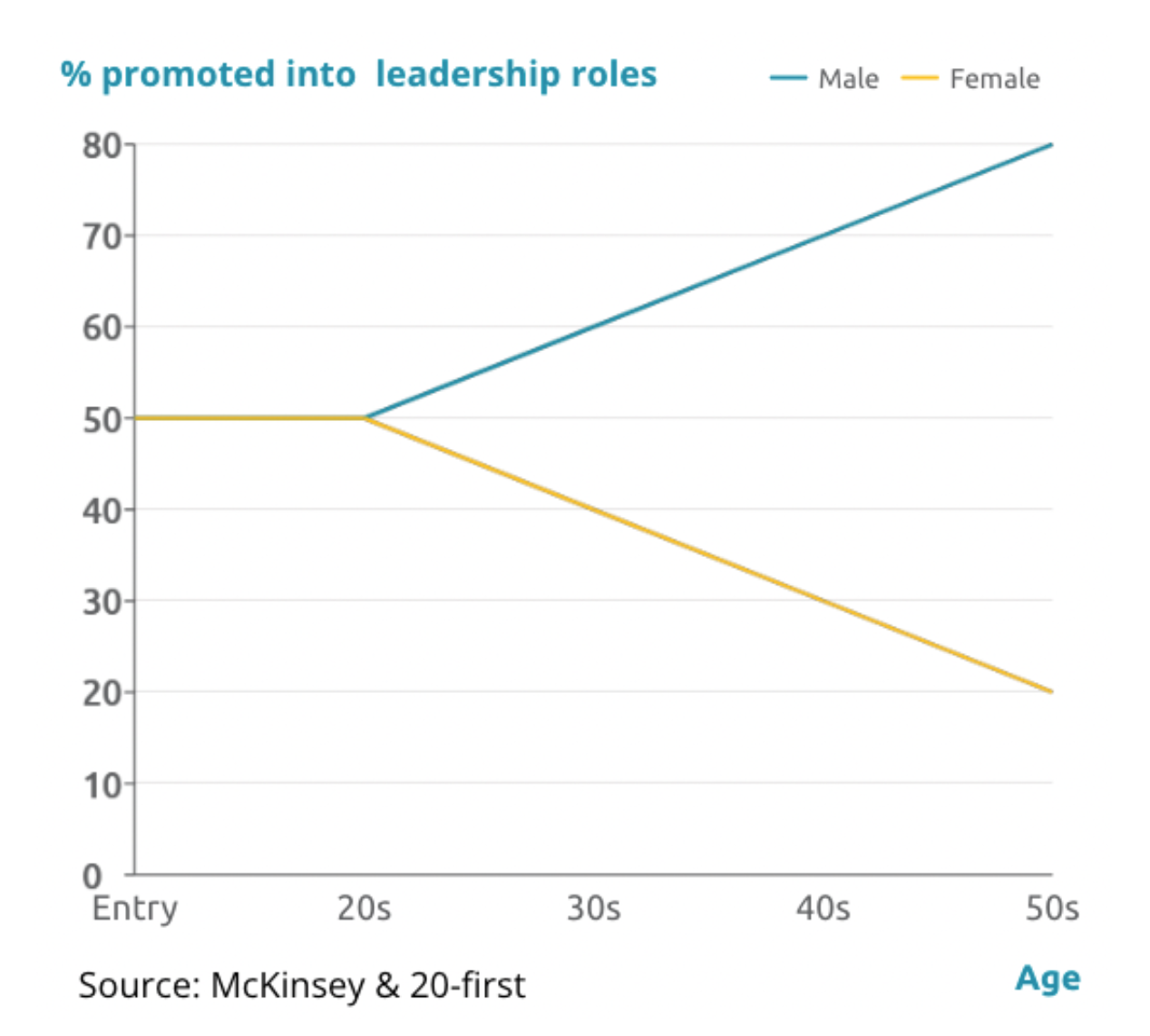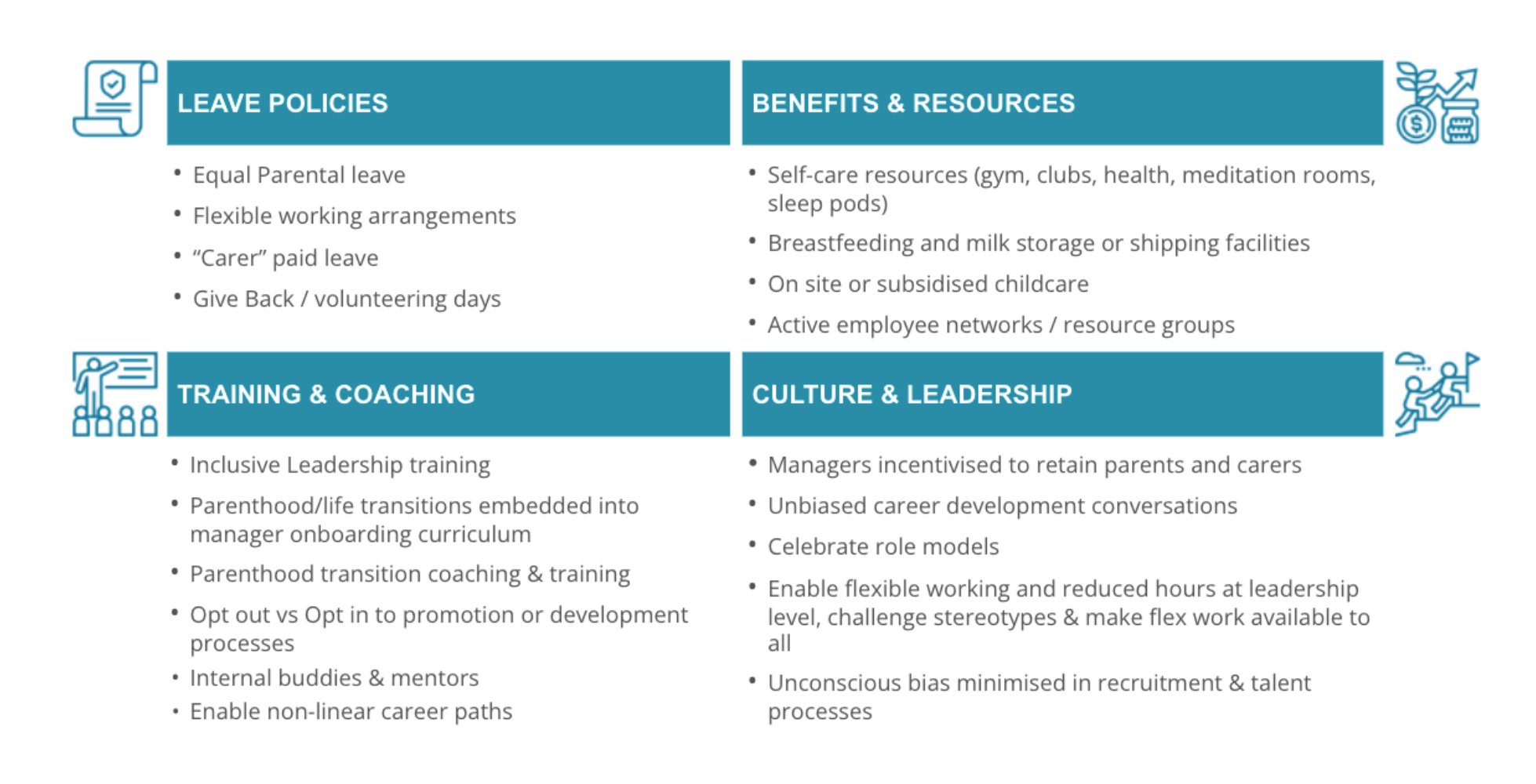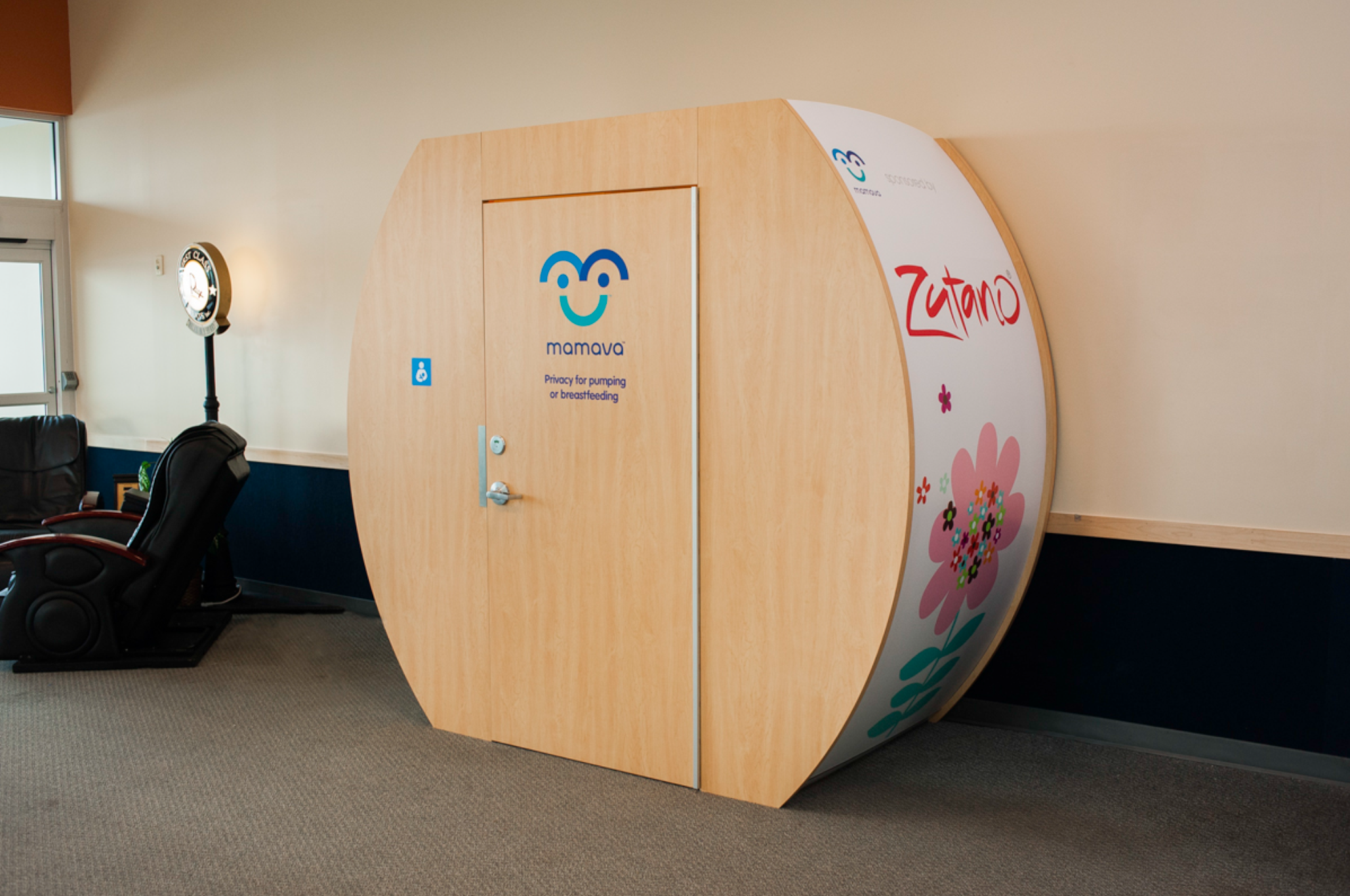How employers can easily foster a culture of caring & career
Jul 01, 2022
Organisations who demonstrate that they value caring are a magnet for attracting and retaining talent.
Yet, what does “caring” mean?
Historically, caring has often been a role associated largely with women and is often reinforced with gender stereotypes reinforced in society, culture and the media. The world is rapidly changing and not only are more men claiming space as caregivers but caring as a term is understood in much broader terms. Here are some examples of how caring can be interpreted:
- Self-care is a key ingredient of corporate wellness programmes and benefits, in a bid to improve employee well-being. Being able to take care of one’s physical and mental health is becoming more of an expectation than a privilege.
- 1 in 3 of the adult population will be caring for an ageing parent by 2023. As a mobile global workforce, our parents aren’t always our neighbours. How easy do employers make it for families to stay closely connected?
- Family units are changing and both parents are demanding better work-life integration that allows them to be “hands on” with their caring responsibilities. A significant number of people in your workforce become parents, so you need a strategy to retain and engage.
- Recently COVID19 has amplified the need for caring for others – be it for sick relatives and the vulnerable in your community and Cancer Research reminds us that 1 in 3 of us will be touched by cancer.
Historic and current research continually points to the link between caring and the lack of gender balance in leadership. Many women experience a Career Crash when they start a family. This is typically caused by two factors: taking parental leave creates a break in their career and relative experience is lost. Secondly, organisations typically start identifying talent for HiPo programmes at 28-35 years old, yet the average age of women in Europe becoming a parent is 31 years. This often leads to great female talent missing out.

This is compounded when in the same organisation men are not offered comparable parental leave and therefore don’t have the same opportunity as women to step out of the business and have caregiving time with their families.
The result?
There is a leak in the talent pipeline to leadership. Businesses are losing female talent in their 30s and 40s. As many as 30% do not return from maternity leave, or leave within the first 12 months.
In addition, companies are hit by invisible attrition caused by a significant proportion of women choosing to not pursue promotion or leadership roles for fear of compromising their work/ family balance, which is amplified when managers reinforce gender stereotypes and maternal bias.
So what can companies do about this?
There are multiple best practices that companies can use to enable a culture of Caring & Career. These are mutually reinforcing a company’s diversity and inclusion strategy and can accelerate meeting gender goals.

Most companies don’t have a big budget or need to start small. Here are our top tips on how you can make progress on a low budget.
Dedicated breastfeeding rooms
The transition back to work after maternity leave for a new mother brings many challenges, one of which is being able to breastfeed. Too many mothers still feel they must make a choice between breastfeeding and keeping their job, and it is our role as employers to change that.
With more and more people adopting hybrid working, businesses have the luxury of reallocating their real estate and there should be no excuse to create a dedicated breastfeeding room for mothers. And even if there is no room to spare, companies have no excuse. Mamava and similar products can allow companies to install dedicated breastfeeding pods into office spaces at a very low cost.

Read more about What Can Employers To Do Support Pumping Mothers In The Workplace here
Parenthood and life transitions guidance for line managers
We continue to hear the challenge that middle and senior managers face to managing their teams in increasingly resource and time constrained environments. When companies decide to add additional culture change programmes to their workload without any support or guidance, the cracks begin to show.
It doesn’t have to be this way. The Caring & Career Line Manager Toolkit is a great example of how to make life easier for this audience. This type of Toolkit provides timely nudges and conversation guides to coach and support employees during key life transitions. If you don’t have the budget for e-learnings or workshops then this is the way to go.
Both UBS Switzerland and SwissRE decided to roll out these toolkits to support their Managers to be better equipped to facilitate the transition through career breaks without defaulting to HR. The Toolkit empowered both managers and HR to have a consistent, supportive approach to navigating life transitions and build awareness of biases and pitfalls.
In summary
The challenge of work-life balance and integration is not going away anytime soon. The next generation of workers will make sure of that. Generation Y and Z hold work life balance as the second most important factor to influence their loyalty to their employer. As companies continue to compete for talent in developed countries, not only do they have to pay attention to the culture and behaviours of their leaders, they have to become more carer and family friendly.
Request a call with us to discuss how the Toolkit can help you.
Stay connected with news and updates!
Join our mailing list to receive the latest news and updates from our team.
Don't worry, your information will not be shared.


